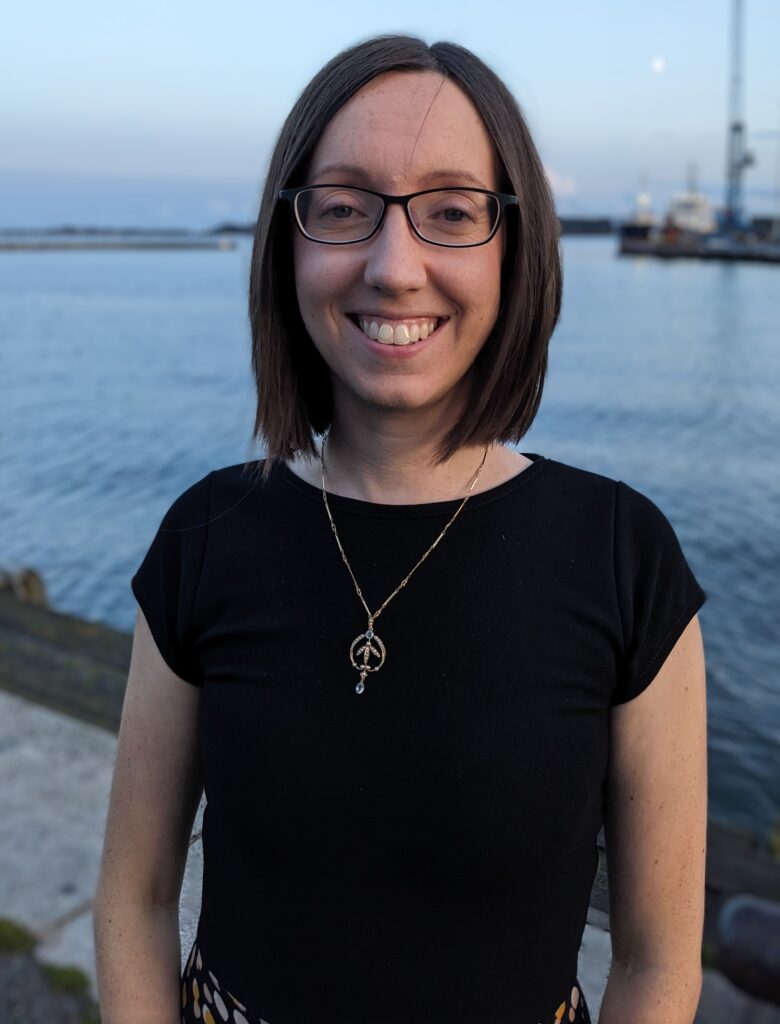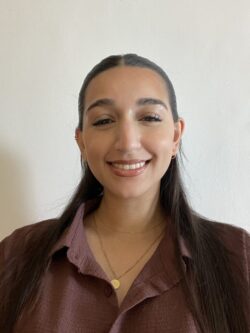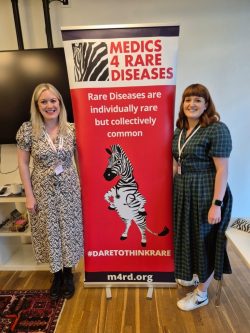Words Matter by Emily Livesey
Words that hurt
It’s 2009 and my body is failing me. I had a flu that I never got over and it has left me weak,nauseous, breathless, and ravenously hungry. I eat tons and yet lose a ton of weight. As a person who could walk 20 miles a couple of months ago, I now can’t walk up the stairs in my London flat without feeling like I need to throw up.
“She has Chronic Fatigue Syndrome. I think she is depressed”, are the moderately sympathetic, but matter-of-fact words that accompany a speedy conclusion from the GPs I see. I do cry a lot, mainly because I feel so unwell and can’t do anything. I stop going to work and start doing my food shop online because I can’t make the 3 stop DLR ride to the supermarket. I turn down a life-changing job offer. Eventually I move home to Dorset because I can’t afford to stay in London.
By now the neurological symptoms have started. I live with a constant pounding headache, tingling and numbness in my extremities and the feeling that someone is twisting a sharp blade in my upper spine. I have recurring nightmares that I am being stabbed in the back where the pain is. As I repeatedly search for answers, the doctors seem to get less sympathetic and their language changes. “What do you think is wrong with you? Do you think you have a brain tumour? [laughs] You don’t have a brain tumour.”
They try and use their words to persuade me that I am not ill because I have not died – apparently if it really was something sinister then it would have been diagnosed by now, or I would be dead. I hear the same language over and over again as I search for an answer to my problems and the outcome is always the same: no action needed.
Different words
It’s 2015 and I’m sitting in front of a neurologist. He taps the bulging brown patient file on the desk in front of him. “I’m not going to read this. If I do, I will make the same assumptions that previous doctors have made. I want you to tell me in your own words what has been going on and how it has affected you.” I start to talk, and he listens.
Words of advocacy
It’s 2024 and I’m attending The Unusual Suspects: Rare Disease in Everyday Medicine. The health and childcare gods have not aligned for me, so I am attending online, but I am still moved by the passion and kindness of the speakers in the room.
(Look at my words there, casually dropping in that I am now a parent. The me of 2009 – 2016 would be astonished and delighted.)
At The Unusual Suspects, there is a discussion about assumptions. Sage communications advise about the power of listening, and letting the patient lead the agenda. A spotlight on research that has shown that person-centred care is better for you. Empathy is key. The message is clear; words are powerful, words carry weight. How health care professionals
communicate with a patient can be everything. I realise that I can physically feel the weight of all the dismissive words and language I endured during my seven-year diagnostic odyssey.
All the words I hear today make me feel lighter.
Words of change
I wonder if health care professionals realise that your words to your patients matter more than you can know. How you express your questions and listen to the answers can make a difference. Your medical expertise, combined with these vital communication skills make you a powerful force for good. In a world where rare diseases are collectively common, could you be the person that supports someone on their journey to diagnosis, or helps them to navigate the complex care that
their rare condition requires?
The consultation that I had with the neurologist in 2015 didn’t actually result in my diagnosis of Methylmalonic Acidemia, but it set me on the path that did. Looking back, I always feel like that conversation was the turning point and being listened to and taken seriously made all the difference. Reflecting on the advice shared today, I consider that I am not the best at communicating my own needs, particularly in medical consultations where it is in my interests to do so. I find it easier to
advocate for others than for myself and I need to be skilled at both. Doctors’ words matter, but my words matter too.




